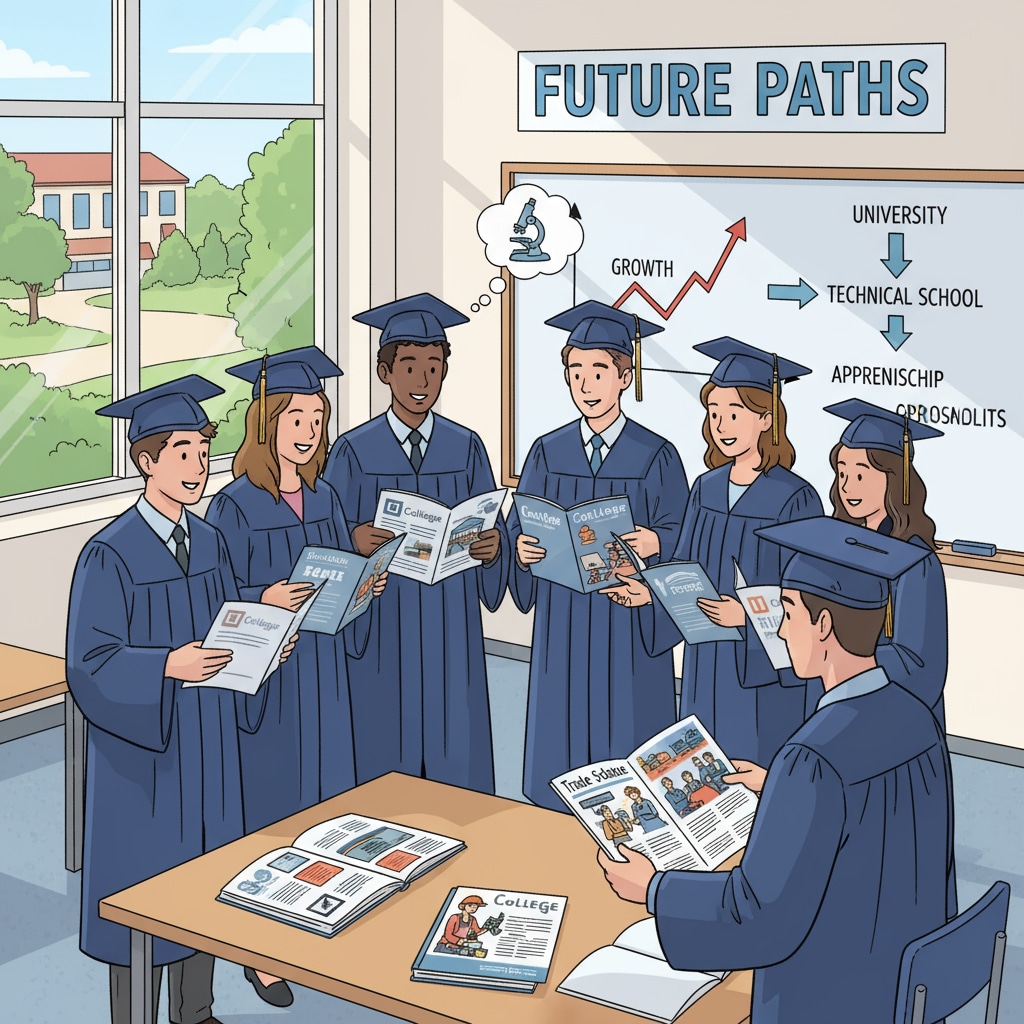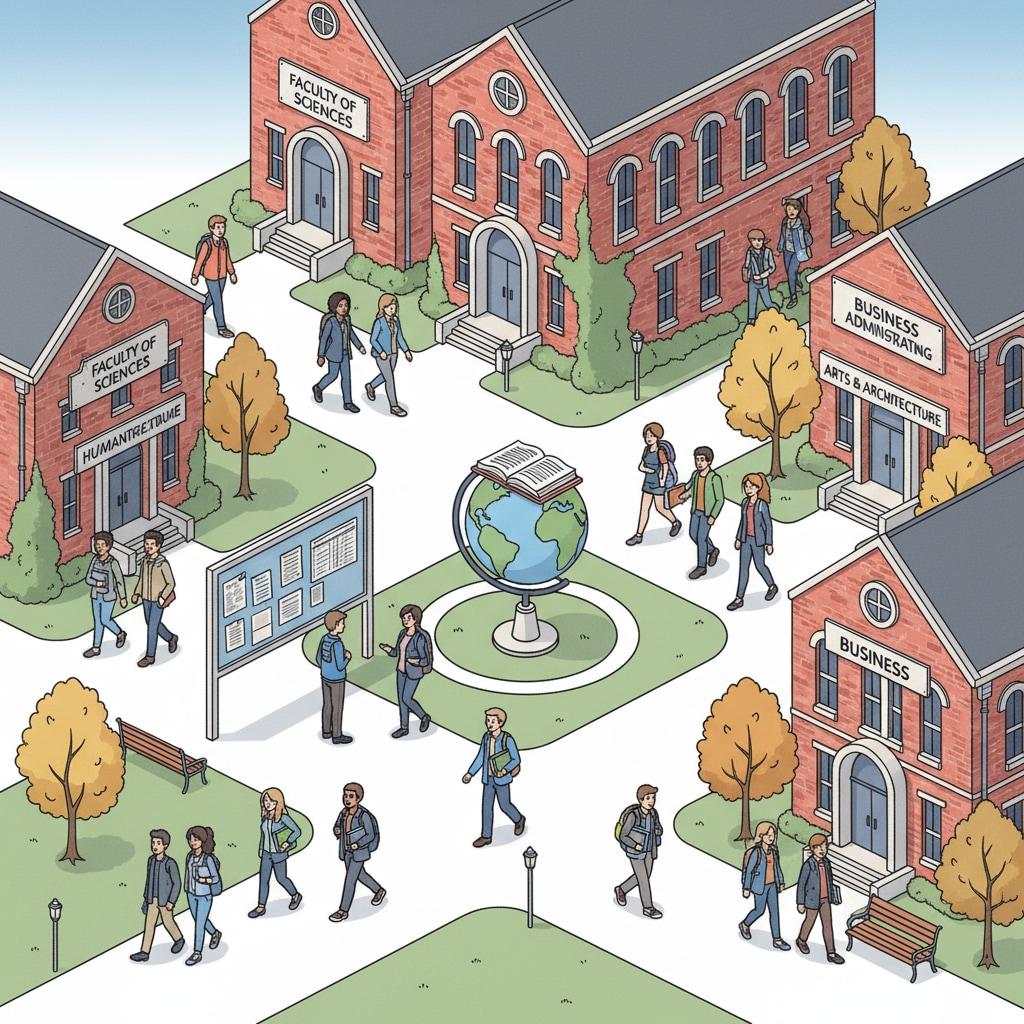Career choice is a significant decision for high school graduates, especially when considering post-secondary education and future job prospects. The choice between pursuing a university degree and entering the trades can be a daunting one. For instance, a student passionate about hands-on work might be torn between the allure of a traditional university path and the practical skills offered by trade programs.

The Allure of University Education
University education has long been seen as a pathway to a wide range of professional careers. It offers a comprehensive academic curriculum that covers various disciplines. Students can engage in in-depth research, develop critical thinking skills, and build a broad network. For example, a degree in business administration can open doors to corporate jobs in marketing, finance, or management. According to Britannica, universities provide a platform for intellectual growth and specialization. However, the cost of tuition and the time commitment required for a degree can be substantial.

The Appeal of Trades
On the other hand, the trades offer a different yet equally rewarding path. Trade jobs such as plumbing, electrical work, and carpentry are in high demand. They provide practical, hands-on training that equips students with real-world skills. As a result, trade workers can enter the workforce relatively quickly and start earning a good income. Wikipedia states that the trades are essential for maintaining and building infrastructure. Moreover, trade workers often have the flexibility to work independently or as part of a team.
When making this crucial decision, students should consider their personal interests. If someone enjoys working with their hands and solving practical problems, the trades might be a better fit. Conversely, those with a passion for research and academic exploration may find university more appealing. In addition to interests, job prospects play a vital role. Researching the job market trends for both university-educated professionals and trade workers can provide valuable insights. Social factors, such as family expectations and cultural norms, also influence the decision-making process. Some families may encourage a university education, while others may have a tradition of trade work.
Readability guidance: In this article, we’ve explored the two main post-secondary education options for high school graduates. By understanding the allure of university education and the appeal of trades, students can make a more informed career choice. Remember to weigh personal interests, job prospects, and social factors to find the path that suits you best. Use this guidance to navigate your future with confidence.


